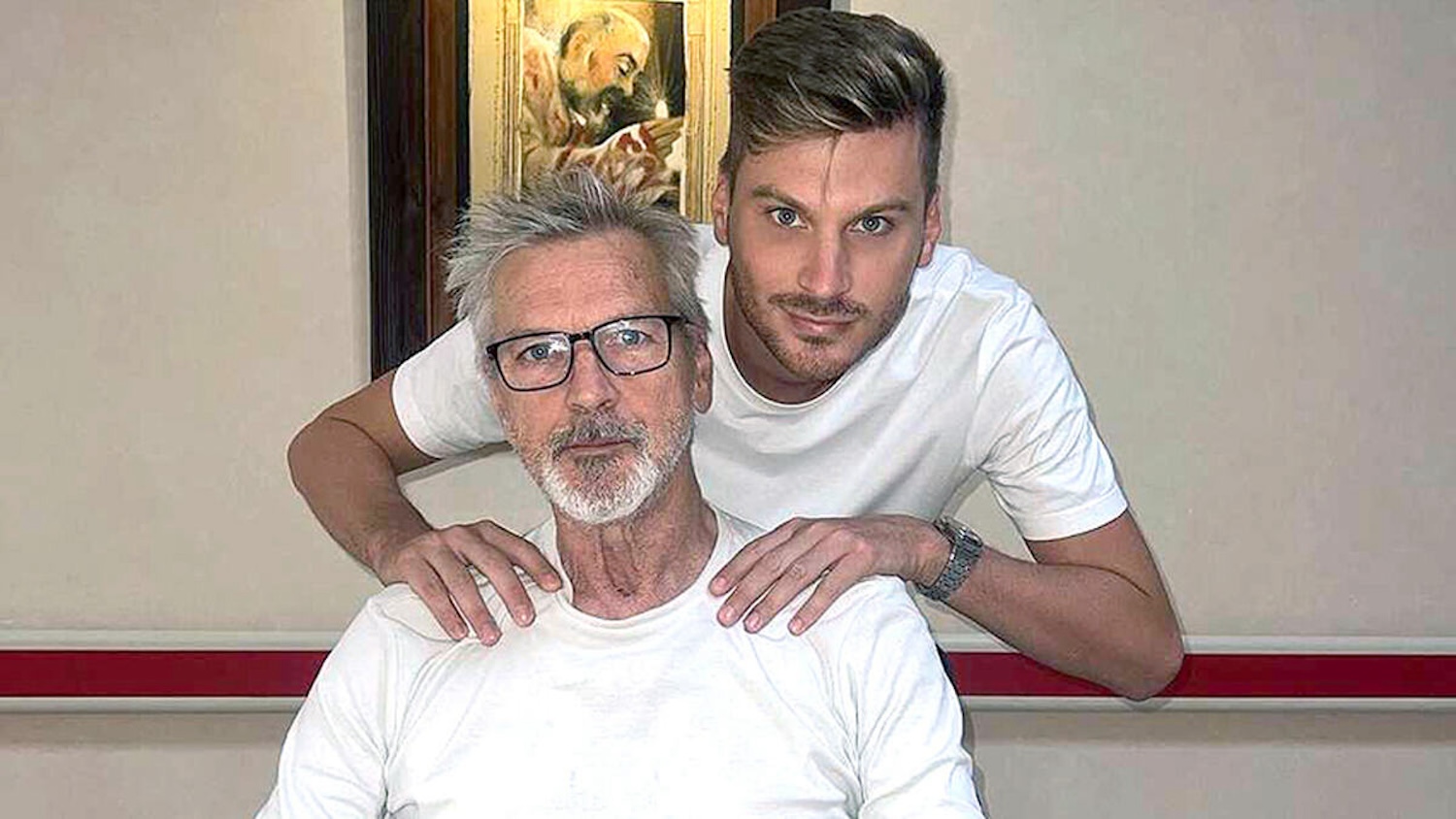A shower of European resources – 7.4 billion euros by 2027 – is about to fall on arid Egypt under the agreement between this North African country and the European Union signed today today in Cairo. To mark the solemnity of the event, the joint visit today of six European leaders: Italian Prime Minister Giorgia Meloni, that of the European Commission Ursula von der Leyen, Belgian Prime Minister Alexander De Croo (who is also rotating president of the EU Council), then the Greek Kyriakos Mitsotakis, the Austrian Chancellor Karl Nehammer and the Cypriot President Nikos Christodoulidis. The six men were welcomed today in Cairo with full honors by Egyptian President Abdel Fattah Al Sisi. After a series of bilateral meetings, a memorandum was signed establishing a “global strategic partnership” between the EU and Egypt. At the center of the agreement, the parties announced, are the challenges of food and water security, energy security, development and migration.
Immigration, energy and terrorism
Unlike what happened with the memorandum of understanding signed last summer with Tunisia (and a harbinger of strong criticism and controversy), the agreement with Egypt therefore seems to cover more areas than immigration. Of the more than 7 billion allocated by the EU, 600 million euros will be devoted to various subsidies, including 200 million for migration management. In principle for border security, training of skilled labor, measures to encourage legal migration and discourage illegal migration. Five billion euros will instead be disbursed in the form of subsidized loans for bilateral projects of all kinds. Then there is $1.8 billion in support for the Egyptian economy. The agreement, seen byHandle, involves the launch of joint projects – the details of which will be defined later – for “stability, democracy, fundamental freedoms, human rights, gender equality and equal opportunities”. There is no shortage of investment in energy connections between the two shores of the Mediterranean, with a few million earmarked for the development of hydrogen and renewable energy supply chains. There is also talk of anti-terrorist cooperation and investment in cultural projects such as university exchanges on the Erasmus model.
Von der Leyen: “Strategic Egypt in a problematic “neighborhood””
Ursula von der Leyen declared herself “happy to be in Cairo to mark a new stage in the strategic partnership between the EU and Egypt”. Above all, added the President of the European Commission, “given Egypt's political and economic weight and its strategic position in a very problematic neighborhood, the importance of our relations will only increase over time.”
Meloni: “We work against human traffickers”
As in previous meetings held in North African countries, great importance was given to the migration issue. The agreement between the European Union and Egypt “is the best way to manage the flow
migration, and we appreciate Egypt's efforts in this regard,” Meloni said. Adding: “We aspire to work together more than before to help states of origin and transit” with “investments and assistance to prevent illegal immigration, to help these States deal with migrant traffickers.” The leader of the executive said she was proud and defined today as “a historic moment.” The agreement “is inscribed in the current context in which we are faced with numerous crises that could destabilize the Mediterranean region to an unimaginable level”, added Meloni. Considerations similar to those already formulated in recent months both in Egypt itself and in Tunisia , both among the nine countries of the Mattei Plan in which the government is investing 5 billion euros. “We are working – summarized Meloni – to launch an international alliance to fight against human traffickers”.
Commitment to Gaza
As part of the “group” visit to Cairo, a bilateral meeting also took place between Meloni and Al Sisi. Beyond medium and long-term investments – the Egyptian leader highlighted the added value of the transfer of agricultural technologies from Italy – the most urgent political issue on the table was obviously that of the war in Gaza. All leaders present agreed on one point, Al Sisi reported: opposition to an Israeli-led military operation in Rafah, which would “double the scale of the humanitarian catastrophe suffered by civilians in the Gaza Strip.” . The Cairo leader also reaffirmed Egypt's rejection of “any forced movement of Palestinians beyond the Gaza Strip, which would have the effect of liquidating the Palestinian cause.” To make aid to the population crushed by the war more effective, Italy and Egypt then signed a memorandum of enhanced cooperation in the health sector to help civilians arriving from Gaza, Meloni announced.
The EU believes (strongly) in Egypt
The attention of European leaders on Egypt's strategic role in the regional crisis and in tomorrow's balance of power is evident, as also underlined in the same joint declaration: “The European Union recognizes Egypt as a reliable partner and its unique geostrategic role and vital pillar of security, moderation and peace in the Mediterranean region, the Middle East and Africa. Egypt and the EU will continue to work towards developing a positive agenda for prosperity and stability. Egypt and the EU will continue to uphold their commitments to further promote democracy, fundamental freedoms and human rights, gender equality and equal opportunities, as agreed in the Partnership Priorities.


